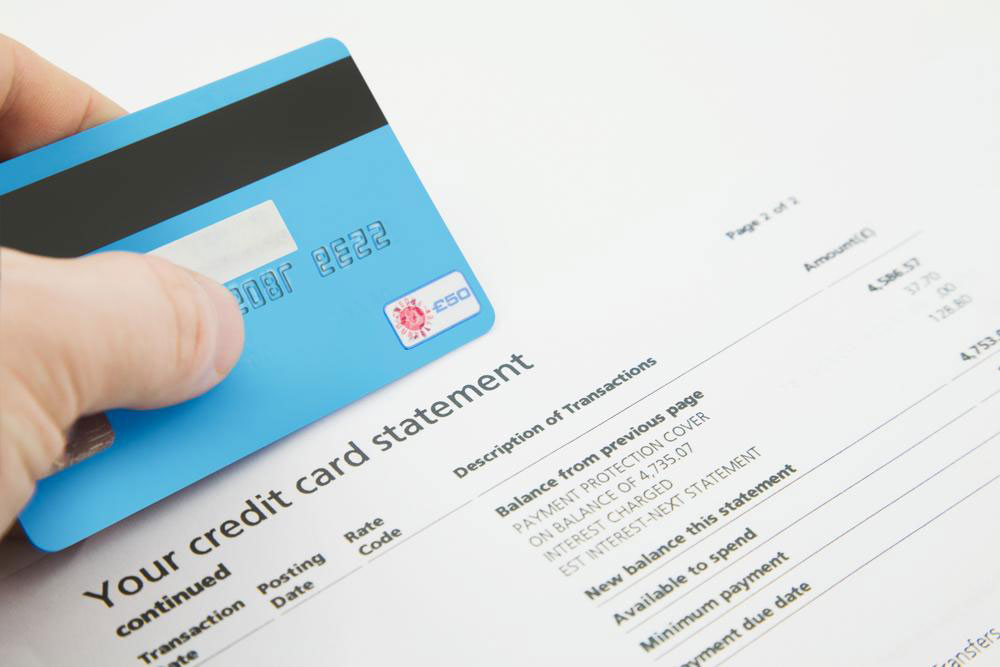Comprehensive Guide to Factors That Affect Your Mortgage Interest Rates
This comprehensive guide explores the key factors that influence mortgage interest rates, including credit score, down payment, loan terms, and market conditions. Understanding these elements helps borrowers secure better loan deals, save money, and make informed home financing decisions. Learn how personal financial health and economic trends shape your mortgage rates for smarter borrowing and long-term financial stability.

Comprehensive Guide to Factors That Affect Your Mortgage Interest Rates
Securing a mortgage with the most favorable interest rate is a goal shared by many prospective homeowners. Since the interest component can significantly increase the total cost of your home loan, understanding the various factors that influence mortgage rates becomes crucial. While it’s impossible to predict exact rates with complete certainty, gaining insights into the key elements that impact these rates can greatly enhance your chances of locking in a better deal. This comprehensive guide explores the primary factors that lenders consider when determining your mortgage interest rate, enabling you to make more informed financial decisions during the home-buying process.
Mortgage interest rates are shaped by a combination of personal financial factors, market conditions, and broader economic variables. Being aware of these elements can help you prepare, improve your financial health, and negotiate more effectively with lenders. Here are the most influential factors that determine your mortgage interest rate:
Credit Score and Credit History
Your credit score is one of the most significant determinants of the interest rate you'll receive. It reflects your overall creditworthiness and history of managing debt. Lenders use your credit score, which ranges typically from 300 to 850, to evaluate the risk of lending to you. A higher score indicates a lower risk, meaning you’re more likely to repay your loan responsibly. Consequently, borrowers with excellent credit scores (usually above 740) are often offered lower interest rates. Conversely, a lower credit score may lead to higher rates or require you to secure a loan with stricter terms. Improving your credit score through timely payments, reducing outstanding debts, and avoiding new credit inquiries can make a significant difference in the mortgage rates offered to you.
Down Payment Amount
The size of your initial down payment has a notable impact on your mortgage interest rate. Making a larger down payment demonstrates financial stability and reduces the risk for lenders, which often results in more favorable interest terms. While some loan programs allow for minimal or no down payments, these often come with higher interest rates or increased mortgage insurance costs. A substantial down payment, typically 20% or more of the property’s purchase price, can lead to lower interest rates, reduced monthly payments, and less overall interest paid over the life of the loan. This financial commitment reassures lenders about your seriousness and ability to manage the mortgage, opening the door to better rates.
Loan Term and Amount
The length of your mortgage plays a critical role in determining your interest rate. Generally, shorter-term loans (such as 15-year mortgages) tend to have lower interest rates compared to longer-term loans (like 30-year mortgages). This is because shorter terms involve less risk for lenders and less exposure to market fluctuations. Additionally, the total amount borrowed influences the rate; larger loans often incur slightly higher interest rates due to increased risk. For example, jumbo loans or high-value properties may attract premium rates. When choosing your loan term and amount, consider the trade-off between monthly payments and total interest paid over the life of the loan.
Type of Interest Rate: Fixed vs. Adjustable
Your choice between a fixed or adjustable-rate mortgage (ARM) significantly impacts your interest rate. Fixed-rate mortgages keep the same interest rate throughout the loan term, providing stability and predictable monthly payments. These are often preferred by borrowers planning to stay in their homes long-term. Fixed rates are typically higher initially but can offer peace of mind against future rate increases. On the other hand, adjustable-rate mortgages start with lower initial rates that fluctuate based on market indices. While ARMs can offer lower initial payments, they carry the risk of future adjustments, which could lead to higher interest costs if market rates rise. Your choice should align with your financial plans and risk tolerance.
Location of the Property
Geographic location plays a vital role in mortgage rate determination. Regional economic health, housing demand, and local market conditions influence lender interest rates. Areas experiencing rapid growth, high employment, or increased housing demand may lead lenders to charge higher rates due to increased risk or market competitiveness. Conversely, regions with slower growth or economic challenges might offer more attractive interest rates to attract borrowers. Local property values and the overall stability of the housing market also contribute to lender risk assessments. Understanding the specific market conditions of your property's location can help you anticipate your mortgage rates and negotiate more effectively.
Market Conditions and Economic Factors
Broader economic signals, such as the federal reserve’s monetary policy, inflation rates, and economic growth metrics, directly influence mortgage interest rates nationwide. For instance, when the economy is strong and inflation is rising, interest rates tend to increase to prevent overheating. Conversely, during periods of economic downturn or uncertainty, rates typically decrease to encourage borrowing and investment. Lenders adjust their rates based on these macroeconomic indicators, meaning your personal mortgage rate is indirectly affected by national and global economic trends. Staying informed about economic conditions can help you decide the best time to lock in a mortgage rate.
Additional Factors to Consider
Other elements that can influence your mortgage rate include the type of lender (bank, credit union, online lender), your debt-to-income ratio, overall financial stability, and even special loan programs or incentives. Working with a reputable mortgage broker can help identify the best options tailored to your financial profile. Additionally, maintaining a low debt-to-income ratio signals to lenders that you are capable of managing additional debt, potentially resulting in better rates. It’s also worth exploring government-backed loan programs, such as FHA, VA, or USDA loans, which often come with competitive rates and favorable terms for eligible borrowers.
Understanding these key factors allows you to better prepare for the mortgage application process, improve your financial profile, and leverage opportunities to secure the most favorable interest rate possible. Remember that your specific circumstances and the market environment both play essential roles in determining your final rate. By focusing on improving your credit, saving for a substantial down payment, choosing the right loan terms, and staying aware of economic trends, you can make more confident decisions that save you money and ensure manageable mortgage payments in the years to come.





